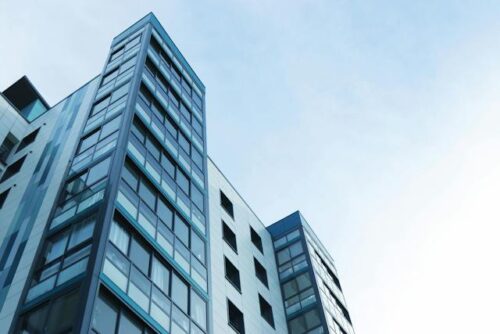
Slip and fall or trip and fall accidents in rented apartments can lead to serious injuries and complex legal situations. If you’ve been injured due to hazardous conditions in your rented living space or common areas, you may have grounds for a claim against your landlord. It’s important to note that claims arising from conditions in common areas generally provide a stronger basis for legal action than issues within the interior of the rented apartment.
Landlord Responsibility
Property owners are generally responsible for maintaining safe conditions in common areas such as:
- Hallways
- Staircases
- Elevators
- Laundry rooms
- Parking lots
For the interior of your rented unit, landlords must ensure that the space is safe and habitable when you move in. However, they may not be liable for hazards that develop later unless they were informed and failed to address them.
Proving Negligence
To make a successful slip and fall claim, you must demonstrate that your landlord was negligent. This typically involves proving:
- A dangerous or defective condition existed on the property.
- The landlord knew or should have known about the hazard.
- The landlord failed to address the hazard within a reasonable timeframe.
- The hazardous condition caused or contributed to your injuries.
For example, if you reported a leaking roof weeks before slipping on the resulting water, and your landlord neglected to repair it, they could be held liable for your injuries.
If your claim is valid, you may be entitled to compensation for:
- Medical expenses
- Lost wages
- Pain and suffering
- Other damages related to your injury
The compensation amount depends on factors such as injury severity, impact on daily life and required long-term medical treatment.
Legal Considerations
Many states have specific time limits (statutes of limitations) for filing slip and fall claims. In Connecticut, this period is two years. Additionally, some jurisdictions follow comparative negligence policies, meaning your compensation may be reduced if you’re found partially at fault for the accident.
Given the complexity of these cases, consulting with an experienced personal injury attorney can help you understand your rights and determine the strength of your case. Don’t hesitate to seek legal guidance—your health and financial well-being could depend on it. Contact the seasoned attorneys at Casper & de Toledo today.

